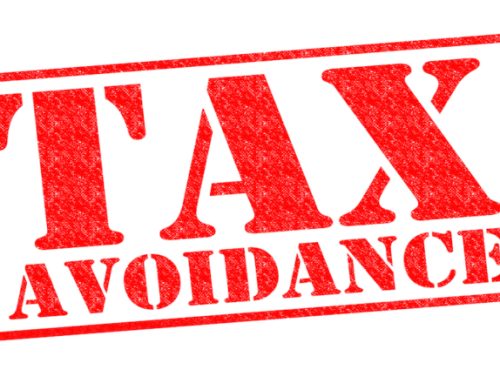It has been quite a while since the introduction of Compensation Orders within the disqualification regime. To date, things have been quiet as regards to the courts making such Orders. Silent in fact. Of course, the misconduct must have occurred post 01 October 2015 and the time lags for full investigation prior to litigation – and post issue delays and tactics – must been taken into account. Nevertheless, most would agree that the lack of numbers indicated that the new weapon in the armoury was, perhaps, not being pursued.
The first Compensation Order has now been made. Noble Vintners Limited, traded as wine brokers and entered liquidation on 22 June 2017. The Statement of Affairs showed nil assets and a deficiency as regards creditors of £1,678,513.
Following a hearing in November, director Kevin Eagling (sole director from November 2015 onwards), has been ordered to pay £559,484, the exact total sum that was paid over to a separate company controlled by him. Of those monies, £99,146 was paid over to the liquidator for inclusion as assets. The judge also decided that £460,067 should be paid to the Secretary of State for the benefit of 28 creditors who lost their investments as they should be the creditors who gained most from the Compensation Order.
Editor’s note
The case was serious – a 15 year disqualification – so it may be that the average disqualification period of around 4/5/6 years may not warrant such censure. Another thought occurs. Where the loss is not felt so directly by individual members of the public but rather by the Crown would the same thinking apply? In this instance the Statement of Affairs shows £1.6 million owed to creditors, whilst just £10,774 was owed to the Crown.
Of particular interest will be the comments of ICCJ Prentis who considered that the regime was independent, whilst acknowledging the potential conflict between IP’s and the Secretary of State and the Court would consider that when making an Order. He made reference that the Court would have to take into account “the public interest in insolvency practitioners being remunerated… and what the relevant practitioners have done in order to allow the disqualification and compensation claims to be made”. Interestingly, the question arises as to whether compensation will immediately be sought if a director provides an undertaking and also whether a director may now fight shy of such an offer to conclude matters, despite the offer of a one year discount on period. We await developments.
To download the PDF, please click here





Leave A Comment